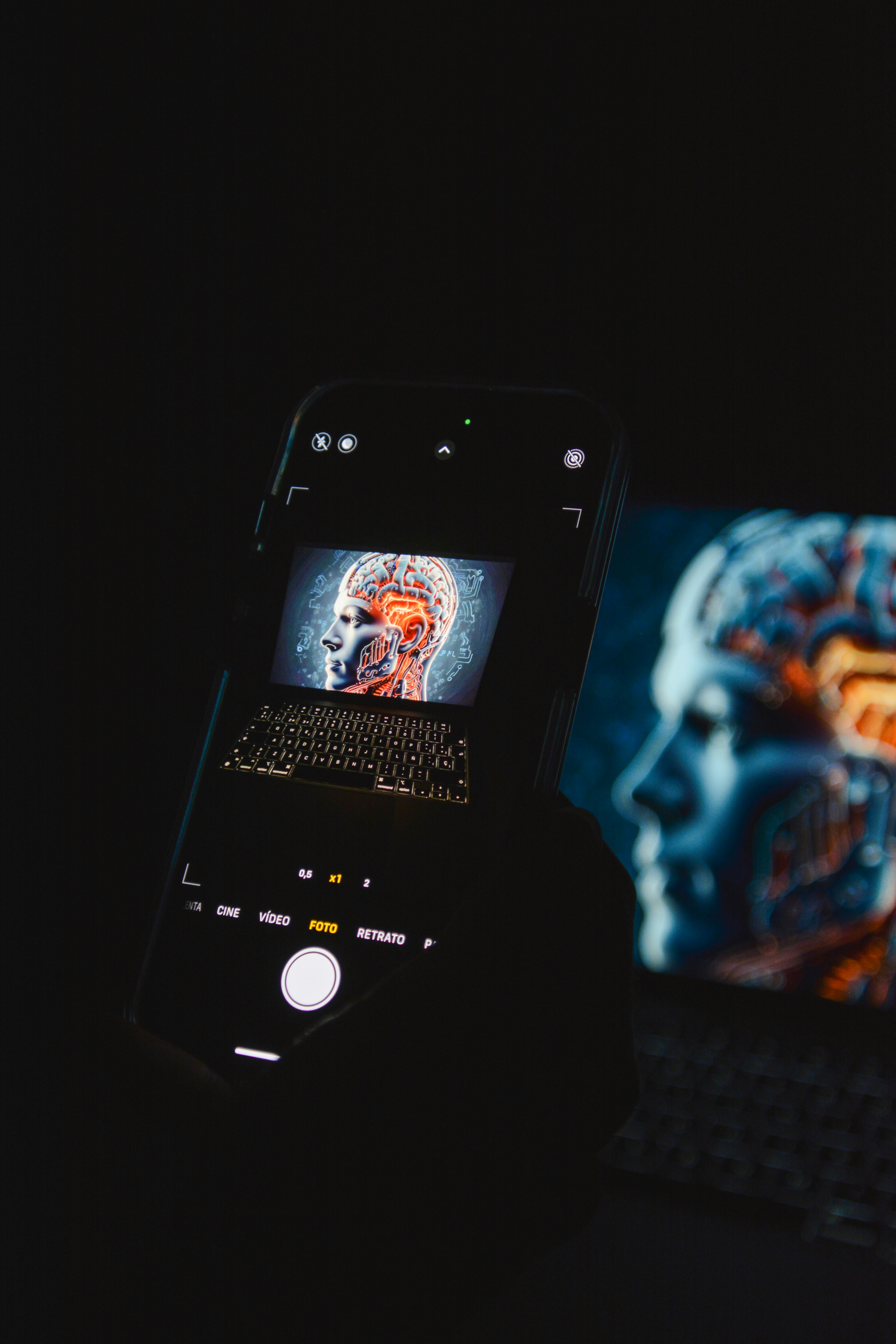AI THERAPIST?
We have almost all heard of the new convenient practice of receiving mental health treatment online through popular sites and applications such as Headspace, Betterhelp or Woebot. Although we cannot dismiss that this tech trend has bridged the gap for many people who struggle to access mental health treatment for a multitude of reasons. But is this a good thing? Can AI take the place of a human therapist? The increasing use of AI chatbots and facial recognition technology in mental health treatment has been driven by several factors, including stigmas, financial implications, shortages of health professionals and access to digital tools. According to National Geographic, chatbots are not a new thing. In fact, MIT scientists first built a crude computer program called ELIZA, that could respond like a Rogerian psychotherapist. Since then, tech companies have seized the opportunity to profit on such a scalable product.
What are the Pros?
According to Forbes, since the onset of the Covid-19 pandemic, more people than ever have been seeking help for mental heal problems. They also conclude that suicide is the fourth leading cause of death among 15–29-year-olds worldwide. Some people may argue that access to any help is better than no help at all. Wearable mental health treatment is also a forthcoming trend that can detect when the user deviates from their normal sleeping pattern, physical activity, or heart rate. It can use this data to then provide warnings to its patient. In order for in-person care to match this level of monitoring, a patient would have to be hospitalized. AI is also a powerful tool in analyzing large amounts of data to identify patterns and trends in mental health, potentially leading to more personalized and effective treatments. Immediate assistance is sometimes detrimental for a patient. AI can provide immediate response, helping patients navigate crisis.

The Cons?
Involving artificial intelligence (AI) in human mental health treatment presents several significant challenges and potential drawbacks. Firstly, AI lacks the human empathy and emotional intelligence necessary to fully understand and respond to the nuances of individual patient experiences, potentially leading to misinterpretation or insensitivity in treatment. Secondly, privacy and data security concerns arise as sensitive personal information is collected and processed, raising the risk of data breaches and misuse. Additionally, reliance on AI might reduce the emphasis on human interaction, which is crucial for therapeutic relationships and emotional support. There is also the risk of algorithmic bias, where AI systems may inadvertently perpetuate existing biases, leading to unequal treatment outcomes. Lastly, the lack of personalized treatment due to the generalized nature of AI algorithms may result in ineffective or inappropriate interventions for diverse patient needs. These challenges highlight the importance of cautious and ethically guided integration of AI in mental health care.
Final Thoughts
In conclusion, while AI can complement human therapists by providing scalable, immediate, and data-driven support, it cannot fully replace the depth of understanding and personalized care that human therapists offer. A balanced approach, integrating AI’s strengths with the irreplaceable value of human empathy and judgment, is essential for advancing mental health care effectively and ethically.
References
National Geographic. (2024) More people are turning to mental health AI chatbots. What could go wrong? Retrieved from: https://www.nationalgeographic.com/science/article/ai-chatbots-treatment-mental-health
Forbes. (2023, July 6). AI in mental health: Opportunities and challenges in developing intelligent digital therapies. Retrieved from: https://www.forbes.com/sites/bernardmarr/2023/07/06/ai-in-mental-health-opportunities-and-challenges-in-developing-intelligent-digital-therapies/
